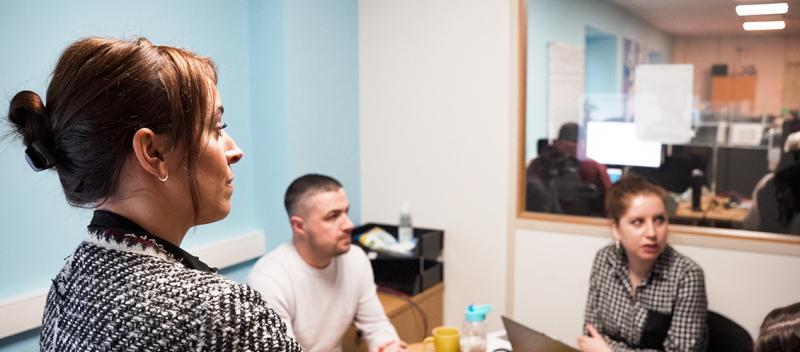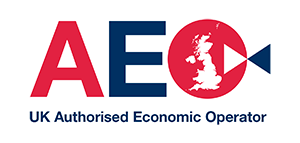
The exact requirements of UK customs formalities are constantly changing.
To ensure that trade between the UK and EU can continue, businesses need to keep on top of these changes.
What is the evidence of this changing landscape?
-
Legislation delays and easements.
From deadlines being moved time and time again, to significant changes made to exit summary declaration (EXS) and entry summary declaration (ENS) requirements, the UK customs requirements, and upcoming expectations, are always evolving.
-
Changes in the requirements for foodstuffs.
The documentation, labels and health certificates required to transport foodstuffs is constantly changing. The need for physical inspections has also been cancelled at late notice in the past. With the right customs support, businesses can avoid getting caught out by last minute changes.
-
The new UK customs platform.
The process of replacing CHIEF, the UK’s existing customs platform, with CDS (the Customs Declaration Service) has already begun.
This period of transition will take place in two parts. The first, which happened on September 30th, 2022, necessitated that all GB importers looking to import after this date must be registered for CDS beforehand.
On the 31st of March 2023, the second phase will occur, meaning that it will no longer be possible to make UK export declarations through CHIEF.
The CustomsLink team supported more than 500 GB Importers through phase one of the transition (and hundreds more with educational services ahead of the March 2023 exporter deadline) meaning that these businesses could continue to trade between the UK and EU just as before.
In fact, we were able to support our customers through registering for CDS weeks before the official deadline.
-
Additional requirements
The Union Customs Code (UCC) refers to the legal framework for customs procedures in the EU. Since its initial entry in 2016, there have been ongoing changes made to the UCC which have direct implications on your business’ customs obligations.
Similarly, as responsibilities in government change, this can (and often does) lead to further industry disruption.
At CustomsLink, we keep on top of these changes as they come so that you don’t have to.
-
A new way to trade.
The Single Trade Window - which will cost the UK government roughly £180 million and will come into effect in 2023 - will allow traders and intermediaries to submit all border data in one standardised format and through a single portal. This hugely ambitious plan will once again change the way we trade between the UK and EU and feeds into the UK Government’s larger goal: to have the world’s most effective border operating model by 2025.
Why should I use a customs agent?
While keeping up-to-date with the changing landscape of customs is essential, it is understandable that the majority of businesses, especially SMEs, simply don’t have the resources to meet these demands.
Staying on top of customs regulations means using valuable time and money which could otherwise be spent on meeting your KPI’s.
Using a customs broker is a no-brainer.
But don’t just choose any customs agent. Choose one that supported customers with the switchover to the new UK customs platform, CDS, weeks before the official HMRC deadline, and has an expert & friendly customer service team (just read our reviews!)
At CustomsLink, we can handle the customs side of things while you carry your business from strength to strength.








